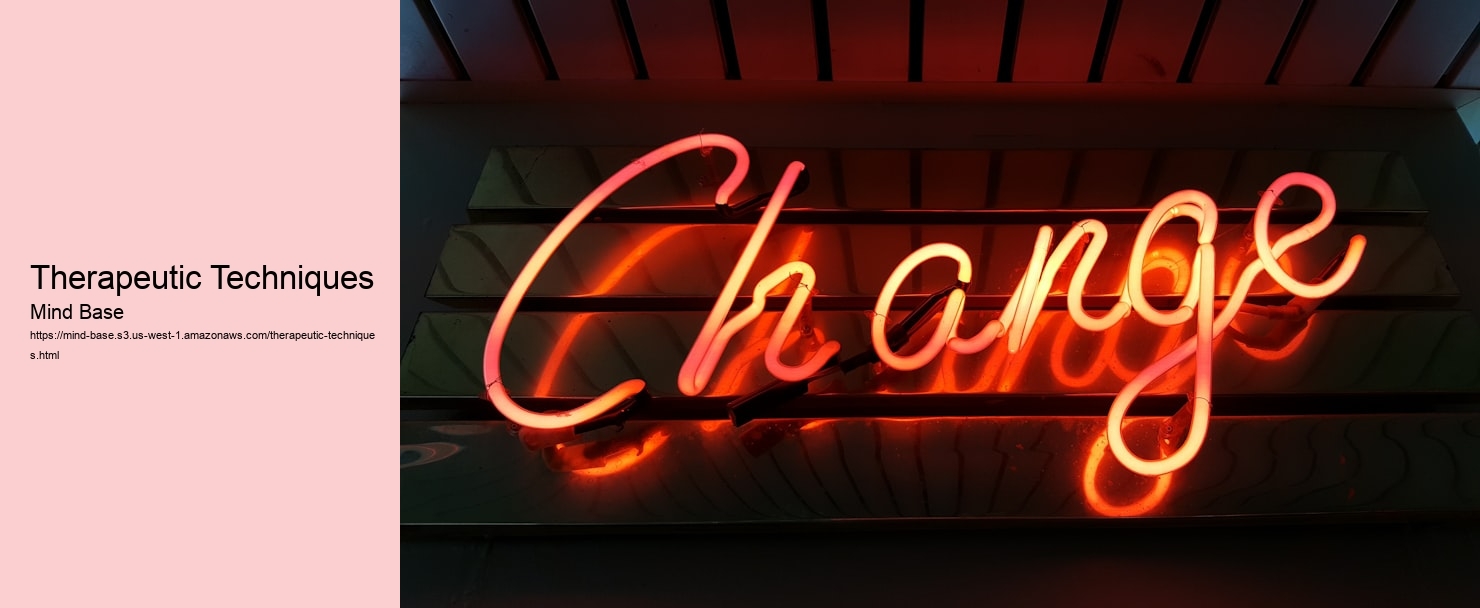
Psychology's journey begins in ancient civilizations where early thinkers like Plato and Aristotle pondered the nature of the mind and behavior. These philosophers laid the groundwork for later explorations, although their methods were more speculative than empirical. The Enlightenment era, with its emphasis on reason and scientific inquiry, further propelled the study of human consciousness into a more systematic discipline. By understanding these historical roots, therapists in Calgary and beyond can appreciate how ancient philosophies continue to influence modern therapeutic practices.
The late 19th century marked a significant shift as psychology started gaining recognition as an independent field of study. Wilhelm Wundt established the first laboratory dedicated to psychological research in 1879, often considered the birth year of modern psychology. His approach focused on introspection and experimental methodology to study conscious experience. This period also saw Sigmund Freud's pioneering work in psychoanalysis, offering new insights into therapy by emphasizing unconscious processes-a concept still relevant today for therapists working with clients in Calgary.
Acceptance and Commitment Therapy (ACT)
Moving into the 20th century, psychology experienced a paradigm shift with the advent of behaviorism. Figures like John B. Watson and B.F. Skinner argued that observable behavior should be the primary focus of psychological study rather than internal mental states. While this approach dominated for several decades, it eventually gave way to the cognitive revolution starting in the 1950s, which reintroduced mental processes as worthy subjects of scientific scrutiny. Understanding these shifts is crucial for contemporary therapists who often integrate both behavioral techniques and cognitive strategies in their practice.
In response to what some perceived as limitations within psychoanalysis and behaviorism, humanistic psychology emerged during the mid-20th century with figures like Carl Rogers and Abraham Maslow at its helm. Emphasizing individual potential and self-actualization, this movement shifted focus towards personal growth rather than pathology alone. Therapists in Calgary might find value in these principles when fostering environments that encourage client empowerment and holistic healing.
Today's landscape is characterized by a diverse array of perspectives ranging from biological psychology to socio-cultural approaches, acknowledging that human behavior is influenced by an intricate interplay of factors.


The history of psychology is rich with evolution-from philosophical musings to sophisticated scientific research-shaping how therapeutic practices are conducted today globally including cities liek Calgary where diverse methodologies cater to varied client needs effectively.
Brain health is crucial for a balanced and fulfilling life, particularly in a bustling city like Calgary where the pace can be demanding. It encompasses emotional, psychological, and cognitive well-being, forming the foundation for how we think, feel, and act. A healthy brain allows indviduals to effectively manage stress, relate to others harmoniously, and make constructive choices.
In Calgary's dynamic environment, therapy plays an integral role in supporting brain health. Mental health professionals provide tailored approaches that address specific needs through various therapeutic modalities. Cognitive-behavioral therapy (CBT), mindfulness practices, and other evidence-based treatments are commonly employed to improve mental resilience.

Stress management is vital to maintaining optimal brain function. Therapists in Calgary offer strategies that help clients identify stressors and develop coping mechanisms. By learning techniques such as relaxation exercises or structured problem-solving within therapy sessions, individuals can reduce the impact of stress on their mental faculties.
Registered Psychologist
Psychotherapy (also emotional treatment, talk therapy, or speaking therapy) is using mental approaches, particularly when based on regular personal communication, to aid a person change behavior, boost joy, and conquer issues. Psychotherapy aims to boost an individual's well-being and mental health and wellness, to resolve or minimize frustrating actions, ideas, obsessions, thoughts, or feelings, and to improve partnerships and social abilities. Numerous sorts of psychotherapy have actually been designed either for private adults, households, or children and adolescents. Some kinds of psychiatric therapy are taken into consideration evidence-based for dealing with diagnosed mental disorders; other kinds have been slammed as pseudoscience. There are hundreds of psychotherapy techniques, some being minor variants; others are based on really various conceptions of psychology. Many strategies include one-to-one sessions, between the client and therapist, but some are conducted with groups, including pairs and households. Psychotherapists may be psychological wellness experts such as psychiatrists, psycho therapists, psychological health nurses, professional social workers, marital relationship and family members specialists, or professional therapists. Therapists may also originate from a variety of various other backgrounds, and depending on the jurisdiction might be lawfully controlled, willingly regulated or unregulated (and the term itself might be safeguarded or not).
.Mental health and wellness encompasses psychological, mental, and social health, affecting cognition, assumption, and behavior. According to the World Health Organization (WHO), it is a "state of wellness in which the individual understands his or her capabilities, can deal with the regular stresses of life, can function productively and profitably, and can contribute to his or her neighborhood". It similarly identifies exactly how a specific takes care of anxiety, social relationships, and decision-making. Mental health and wellness consists of subjective wellness, perceived self-efficacy, autonomy, competence, intergenerational dependancy, and self-actualization of one's intellectual and psychological capacity, among others. From the perspectives of favorable psychology or holism, psychological wellness might include an individual's ability to take pleasure in life and to develop a balance between life tasks and efforts to accomplish mental resilience. Cultural distinctions, individual philosophy, subjective evaluations, and completing professional theories all influence exactly how one specifies "mental health and wellness". Some early indicators connected to mental health troubles are sleep irritation, absence of power, lack of hunger, thinking of hurting oneself or others, self-isolating (though introversion and seclusion aren't always unhealthy), and regularly zoning out.
.Therapy for anger issues in Calgary uses CBT to manage triggers and emotional responses effectively. Psychologists teach techniques to reduce outbursts and improve relationships locally.
Counseling for immigrant support in Calgary helps with relocation stress and integration challenges. Therapists provide emotional tools to thrive in a new city like Calgary.
A trauma therapist in Calgary helps heal past wounds using therapies like EMDR or counseling. They provide a safe space to process trauma and rebuild resilience effectively.